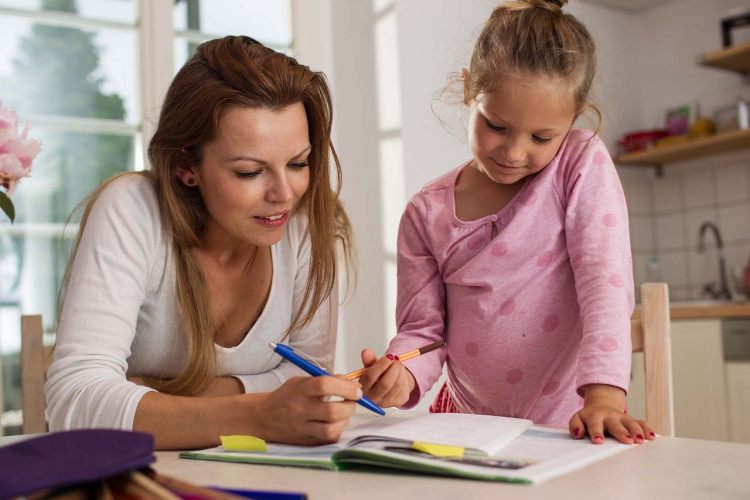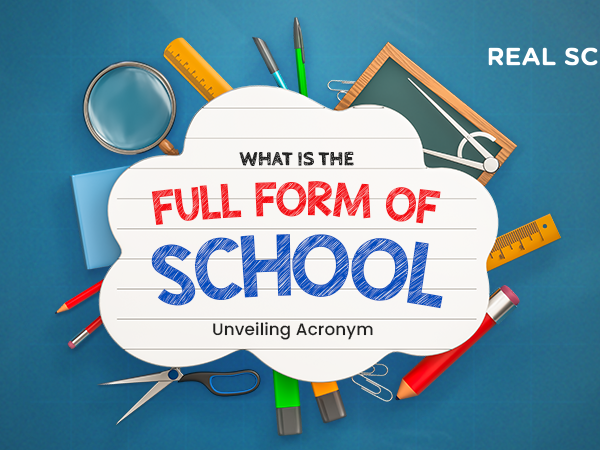We all have memories of our childhood learning nursery rhymes and rhyming stories. Some people still remember the whole rhyming poem with the tone of it, this teaches us that rhyming words for kids are essential objects to develop early language abilities such as listening and speaking. Children with strong language abilities are shown to develop rigorous reading and writing skills.
Helping your child with recognition and identification of rhyming words helps them dually with verbal language polishing and the variety of vocabulary of the language. Introducing rhyming words to your younger ones also helps them with literacy in that language. Children learn to rhyme in three stages, they are not distinct from each other as they overlap with each other.
Learning courses for your kids! Get free trial here
Also read: Simple English Words for Daily Use for Kids: List Of Words for Kids to Use Daily
Stages of Rhyme Learning
- Exposure – Introducing them with rhyming words can be as simple as singing a nursery song, hearing the particular pattern in the song can aid the learning of the song by the kid. Exposing them to a variety of rhyming songs while reading and singing them together.
- Recognition – After singing and hearing the song child should be able to recognize the pattern of the rhyme also called rhyme recognition.
- Production – After exposure and recognition of rhymes your child will be able to produce rhyme themselves. Asking questions to rhyme simple daily used words such as jug, door, the cup will make them curious to explore more.
Also read: Opposite Words in English for Kids: Ways to Help them Improve their Vocabulary
How to Teach –
Many methods and materials are available to start the learning with rhyme for kids. Using multiple ways to teach them the concept of rhyming and introducing them with new words works better and kids also enjoy it.
Following are the common ways that can be used as an introduction with rhyming words for your kid list.
- Reading rhyme books, poems, and songs.
- Puzzles containing rhyming words.
- Clipping cards
- Lap books
- Rhyming dictionaries
Also read: Jolly Phonics Tricky Words for Kids: How to Teach Them to Kids?
List of Rhyming Words for Kids –
The following list of rhyming words is useful for nursery level and first-grade kids, as your child makes gradual improvement you can switch into more complex rhymes.
A) Rhyming words with “at”
- Bat
- Cat
- Fat
- Hat
- Mat
- Pat
- Rat
- Sat
- Vat
- Slat
- Brat
- Flat
- Chat
- Splat
- That
B) Rhyming words with “an”
- Ban
- Can
- Fan
- Man
- Pan
- Ran
- Tan
- Van
- Flan
- Plan
- Span
- Scan
C) Rhyming Words with “ab”
- Cab
- Dab
- Drab
- Fab
- Flab
- Grab
- Jab
- Nab
- Lab
- Slab
- Tab
- Crab
D) Rhyming Words with “ad”
- Add
- Bad
- Clad
- Dad
- Fad
- Had
- Lad
- Mad
- Pad
- Rad
- Sad
E) Rhyming Words with “all”
- Ball
- Call
- Fall
- Hall
- Mall
- Shawl
- Tall
- Wall
- Thrall
- Gall
F) Rhyming Words with “ag”
- Bag
- Flag
- Drag
- Gag
- Hag
- Nag
- Rag
- Sag
- Tag
- Wag
G) Rhyming Words with “ip”
- Ship
- Chip
- Clip
- Dip
- Drip
- Flip
- Grip
- Hip
- Kip
- Lip
- Nip
- Pip
- Rip
- Sip
- Slip
- Skip
- Snip
- Tip
- Trip
- Zip
H) Rhyming Words with “ap”
- App
- Cap
- Clap
- Flap
- Gap
- Lap
- Map
- Nap
- Rap
- Scrap
- Slap
- Snap
- Strap
- Snap
- Tap
- Trap
I) Rhyming Words with “id”
- Bid
- Did
- Hid
- Kid
- Lid
- Mid
- Rid
- Sid
- Grid
- Slid
- Skid
- Squid
J) Rhyming Words with “op”
- Bop
- Cop
- Crop
- Clop
- Drop
- Flop
- Hop
- Mop
- Plop
- Prop
- Shop
- Stop
- Swap
- Top
K) Rhyming Words with “am”
- Clam
- Cram
- Dam
- Gram
- Ham
- Jam
- Lamb
- Ram
- Slam
- Spam
- Tram
L) Rhyming Words with “ig”
- Big
- Dig
- Fig
- Gig
- Pig
- Rig
- Twig
- Swig
- Wig
- Brig
M) Rhyming Words with “ar”
- Are
- Bar
- Car
- Far
- Jar
- Scar
- Star
- Tar
- Ajar
- Guitar
N) Rhyming Words with “aw”
- Awe
- Caw
- Claw
- Draw
- Flaw
- Paw
- Raw
- Saw
- Straw
- Thaw
O) Rhyming Words with “ay”
- Bay
- Clay
- Day
- Gray
- Hay
- Jay
- Lay
- May
- Pay
- Play
- Pray
- Say
- Stay
- Spray
- Sway
- They
- Way
- Trap
Learning courses for your kids! Get free trial here
P) Rhyming words with “ell”
- Bell
- Cell
- Dell
- Fell
- Gel
- Sell
- Shell
- Smell
- SpellPTell
- Well
- Yell
Q) Rhyming words with “en”
- Den
- Men
- Pen
- Ten
- Then
- When
- Wren
- Zen
- Ben
- Ken
R) Rhyming words with “et”
- Bet
- Get
- Jet
- Let
- Met
- Net
- Pet
- Set
- Wet
- Yet
S) Rhyming words with “ew”
- Blue
- Blew
- Brew
- Chew
- Clue
- Crew
- Cue
- Dew
- Drew
- Ewe
- Flew
- Glue
- Grew
- Knew
- New
- Phew
- Shoe
- Shoo
- Stew
- Through
- Threw
- True
- Two
- View
- You
- Who
- Zoo
T) Rhyming Words with “in”
- Bin
- Chin
- Din
- Fin
- Grin
- Inn
- Pin
- Shin
- Skin
- Spin
- Twin
- Thin
- Tin
- Win
U) Rhyming Words with “it”
- Bit
- Fit
- Hit
- Kit
- Knit
- Lit
- Mit
- Nit
- Pit
- Sit
- Quit
- Skit
- Slit
- Spit
V) Rhyming Words with “od”
- Cod
- Bod
- Odd
- Nod
- Plod
- Prod
- Rod
- Squad
- Trod
- Pod
W) Rhyming words with “og”
- Bog
- Blog
- Cog
- Clog
- Dog
- Fog
- Frog
- Hog
- Jog
- Log
X) Rhyming words with “op”
- Top
- Chop
- Cop
- Crop
- Drop
- Flop
- Hop
- Mop
- Pop
- Shop
- Stop
Y) Rhyming words with “ot”
- Blot
- Cot
- Clot
- Dot
- Got
- Hot
- Knot
- Not
- Plot
- Pot
- Rot
- Shot
- Spot
Z) Rhyming words with “ow”
- Bow
- Brow
- Cow
- How
- Now
- Pow
- Sow
- Row
- Vow
- Wow
Conclusion
The rhyming words occupy the majority of our childhood, teaching kids nursery rhymes makes them more receptive and fun to learn. Learning rhymes is way more than just learning the words, it helps children with language development which is considered as one of the vital skills of communication, making them language smart. The successful implication of these rhyme words in front of the children can make them smart in spoken language.
Building a rhyming skill little by little through nursery rhymes, reading rhyming stories, everyday object rhyming, and including other activities such as lap book, puzzles, word games. Teaching your kid rhyme words will solidify the foundation of their literacy, and give them an advantage of developed language skills. Hopefully, you found this article helpful. You can share your view with us by commenting in the below box.
Also read: Why do Kids Today have to Learn about Verbs, Adverbs, Pronouns etc? Why is Grammar Important?







